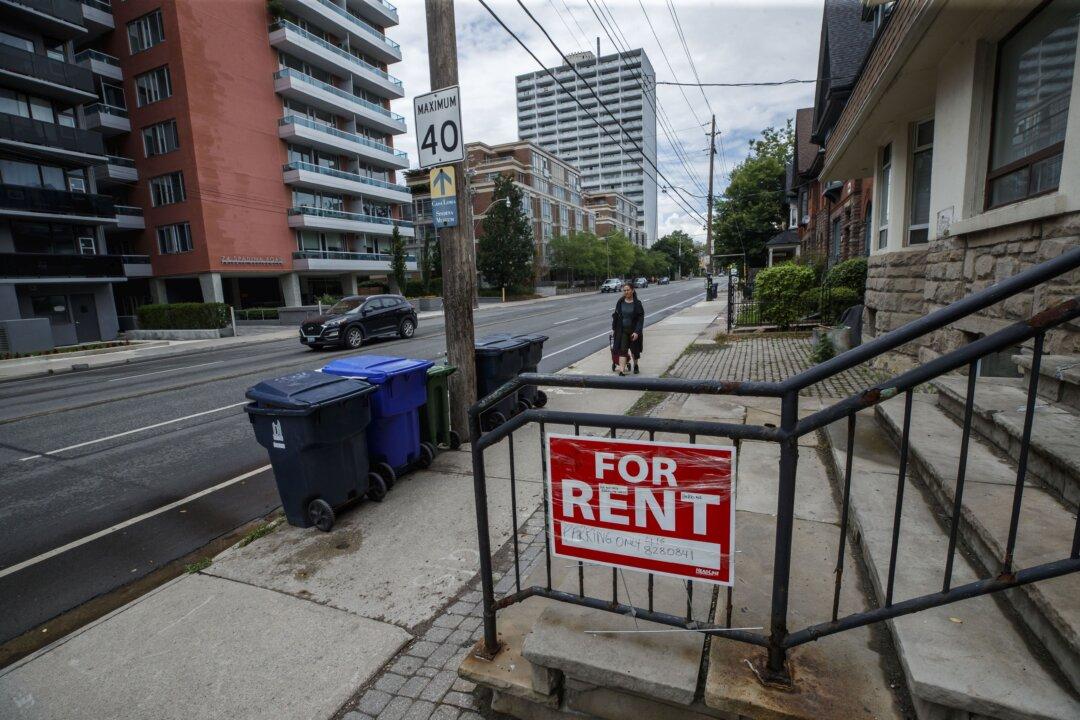Commentary
Rents in Canada have increased over the last few years and already financially stressed individuals and families are seeing their standard of living decline.

Rents in Canada have increased over the last few years and already financially stressed individuals and families are seeing their standard of living decline.